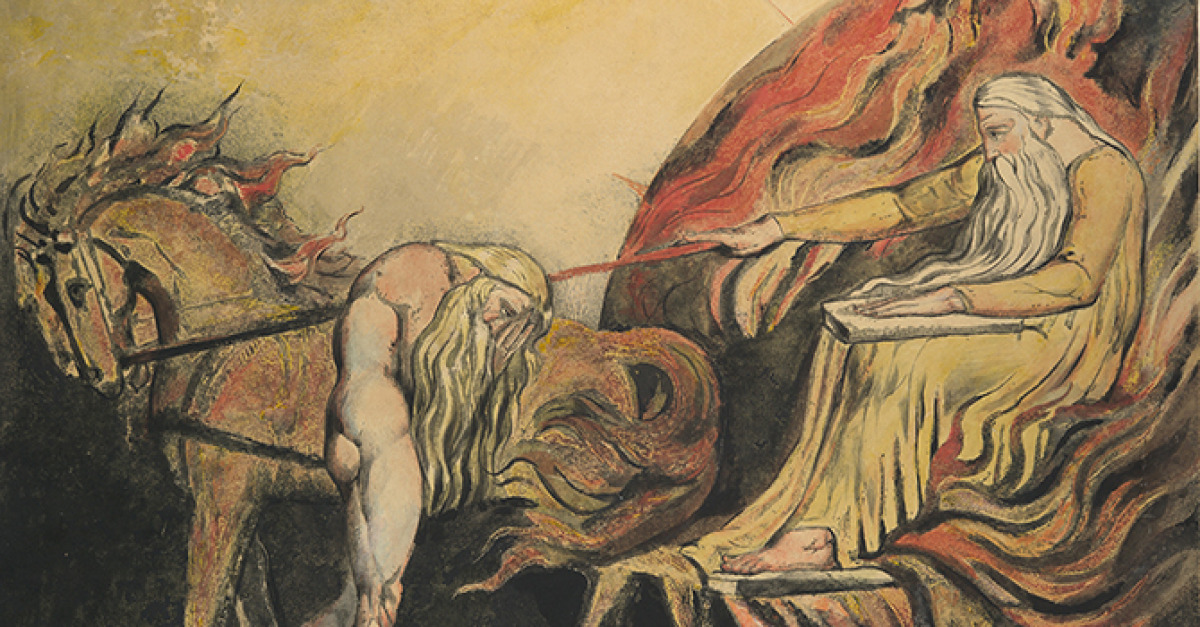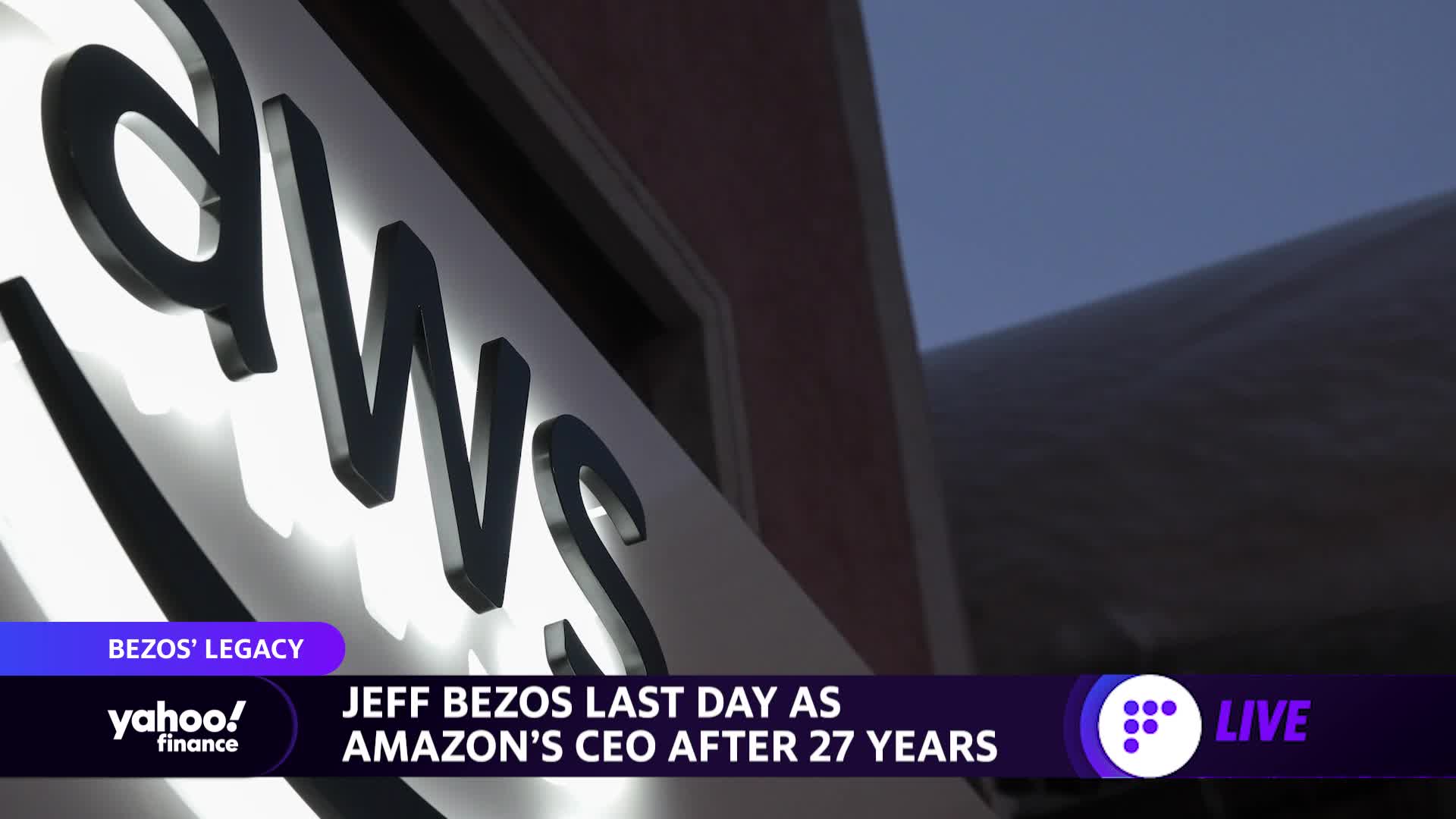
Lapham’s Quarterly
The month he was to be sworn in as the first vice president of the United States, John Adams expected to see a comet. In fact, Adams helped to pay for a publication announcing the celestial appearance, an auspicious astronomical event for the first month of the new federal government.
Since the classical era, comets had been imagined as ill omens for rulers. Plutarch linked the appearance of a comet to the death of Julius Caesar, and William Shakespeare would invoke this association in the sixteenth century when he wrote a play dramatizing Caesar’s assassination. But while the traditional link between the appearance of comets and the deaths of kings had not changed by the late eighteenth century, the ultimate meaning of that association had changed entirely. Revolutions and rebellions had taken on very different associations by this time, and so comets had likewise come to embody new possibilities.
If comets augured the deaths of kings, perhaps they equally augured the lives of republics. Perhaps the appearance of a visible comet streaking across the sky as a new president and vice president were inaugurated would bode well for the young, revolutionary nation. There was only one problem: the comet never appeared.










.png)







